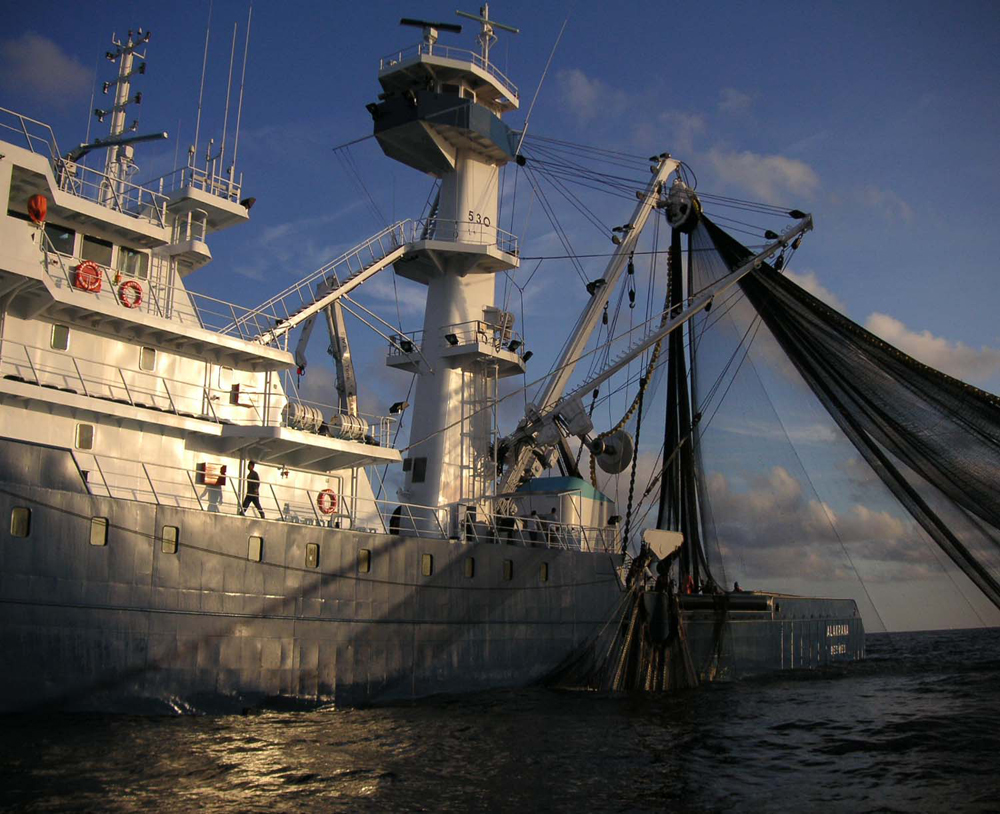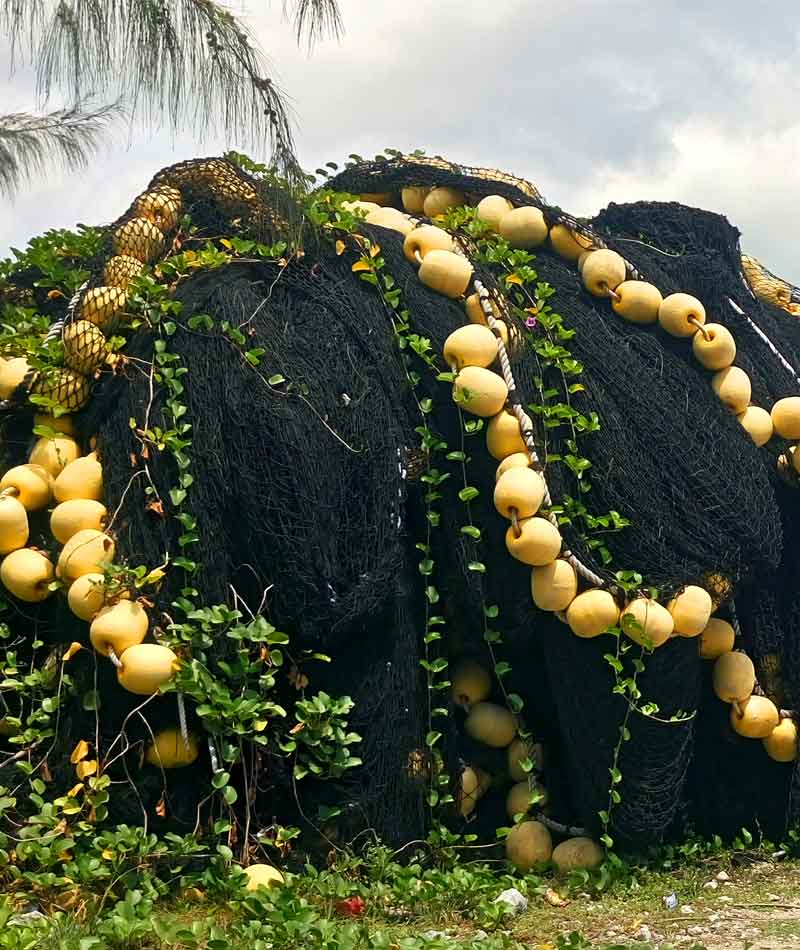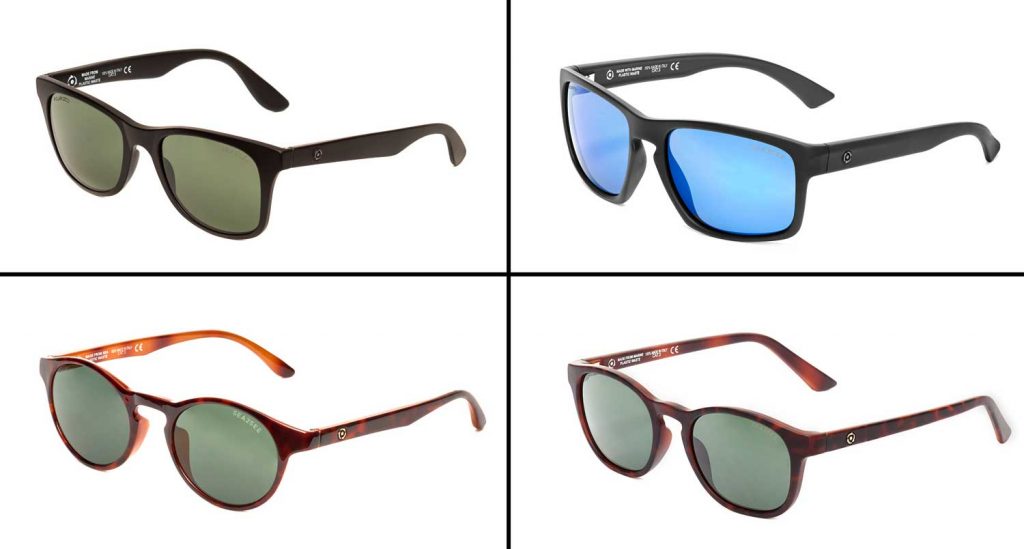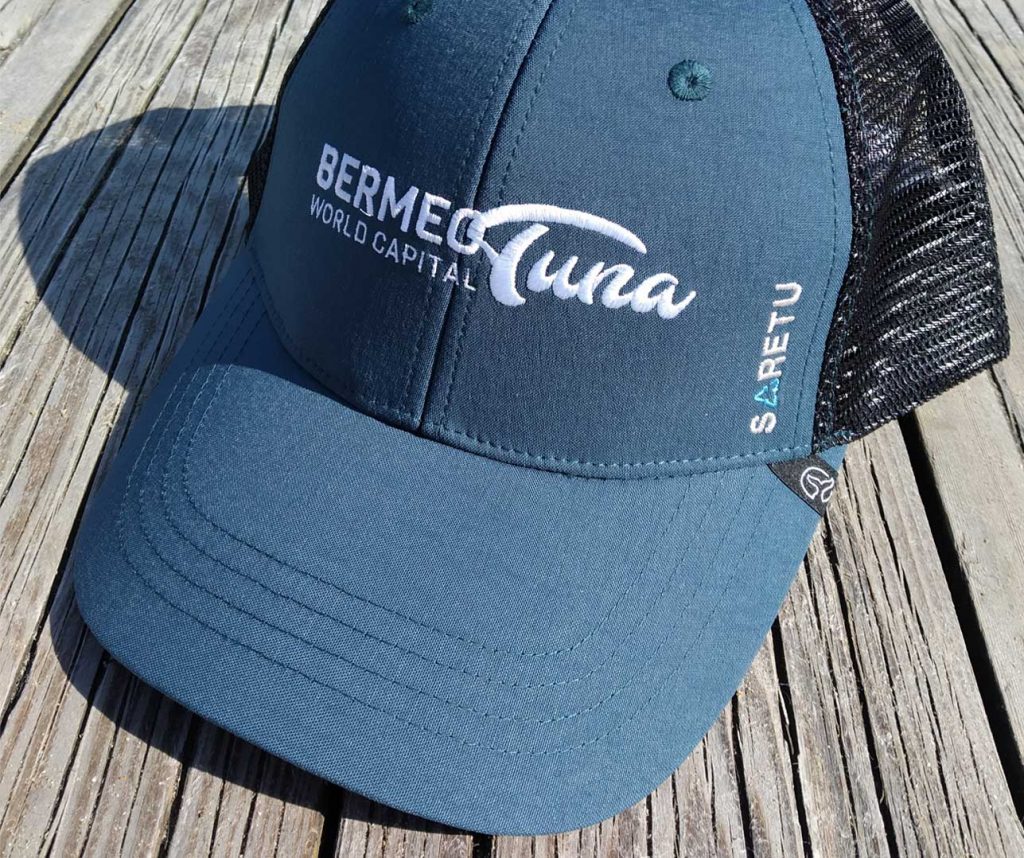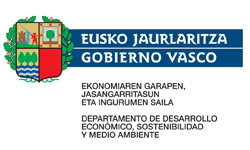SARETU began its journey through the project, an initiative promoted by the Basque Government and coordinated by AZTI (with the collaboration of the ANABAC and OPAGAC fleet together with the spinning industry ANTEX, TERNUA GROUP and SEA2SE), whose aim was to help the sector to move towards a future within the circular economy.
Following the success of this initial phase and driven by the Bermeo Tuna World Capital Association, SARETU was created. The challenge of SARETU is to generate a circular management for the nets discarded by the tropical tuna freezer fleet in its main ports, and to transform them into a valuable resource that will benefit the sector and citizens through the circular economy.
With the collaboration of the Basque tuna fishing company Echebastar (supplying the project with disused nets), the AZTI technology centre (developing the pilot project), and TERNUA (processing and transforming the fishing nets into the final textile garments), this initiative also seeks to lay the foundations for the development of a local industry dedicated to gear recycling.
To this end, a system of collection, conditioning and recycling of discarded fishing nets has been implemented in order to produce for the first time 100% recycled nylon from discarded nets, from which the SARETU product line is made.

